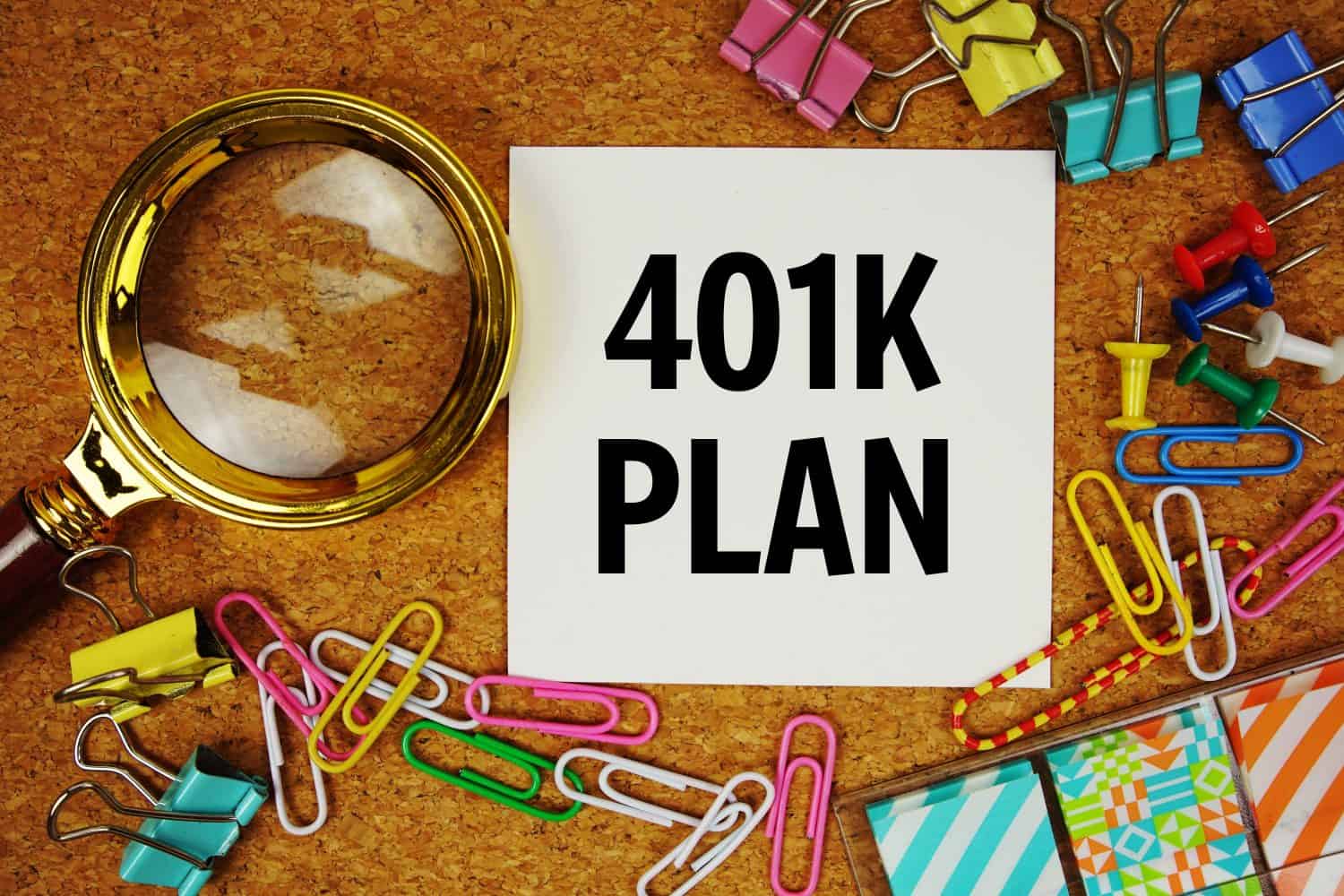Personal Finance
I'm 32 and had a few rough patches financially after the military and I want to know what's the best percentage to contribute to my 401(k)

Published:

The more you contribute to a 401(k), the more income you might shield from taxes.
Aim to contribute at least enough to claim your full employer match.
Before maxing out, see if it pays to spread your retirement plan contributions across a few different accounts.
Retiring early is possible, and may be easier than you think. Click here now to see if you’re ahead, or behind. (Sponsor)
Fidelity says that by age 40, you should aim to have enough retirement savings to replace your salary three times over. So by age 32, you’re hopefully in the habit of steadily funding a 401(k) if your employer makes one available to you. The question is, what percentage of your salary should you be saving?
That’s what this Reddit poster wants to know. They’re 32 years old and feel they’re behind on retirement savings because they hit a rough financial patch after a stint in the military followed by a period of going to school. They cashed out their Thrift Savings Plan, which leads me to believe that they’re now basically starting from scratch on building savings. However, they have one thing going for them — a generous employer 401(k) match.
My first inclination is to tell this poster to try to save as much of their income as they can. Not only can that help them make up for cashing out their savings previously, but it can potentially shield extra income from the IRS. But the answer actually isn’t so simple.
In my mind, an employer 401(k) match is the same thing as free money. And who wouldn’t want as much of that as possible? So I’d tell this poster to try to contribute enough to their workplace retirement plan to snag their employer match in full.
That said, there needs to be a balance between saving for the future and maintaining a good quality of life at present. Experts generally say to save 15% to 20% of your income for your senior years. But if snagging your full employer match requires you to save 30% of your salary in your 401(k), and doing so means having to cut back on pretty much all luxuries to afford it, then in that case, I’d say no, don’t go after your full match. Just go after an amount that’s reasonable.
Another thing I want to mention is that while 401(k) plans have their benefits, there are some drawbacks all savers should know about. First, 401(k)s typically limit you to a bunch of investment funds, whereas with an IRA, you can build a portfolio of unique stocks.
Now if you’re a hands-off investor, you may not have a problem with dumping your savings into a 401(k) target date fund and calling it a day. But if you want more of a say over your portfolio, and you want the opportunity to beat the market, then a 401(k) alone may not cut it.
That’s why I’d say that you may want to split your savings between a 401(k), an IRA, and even a taxable brokerage account. The latter gives you the leeway to retire early without facing the early withdrawal penalties that arise when you tap a 401(k) or IRA before getting to age 59 1/2.
And sure, you could argue that if you’re 32 years old without much savings, your chances of an early retirement are pretty slim. But you never know.
Someone with little to no savings at 32 could end up growing their career and saving a boatload in the next 15 years so they’re ready to retire in their late 40s. It’s an option that shouldn’t be written off.
Ultimately, no matter how old you are or what your retirement savings look like, I’d recommend consulting a financial advisor if you’re not sure how much money to contribute to your 401(k), or if you have any other questions about financial planning. An advisor can review the specific details of your situation and give you tailored guidance based on your personal needs and goals.
Retirement can be daunting, but it doesn’t need to be.
Imagine having an expert in your corner to help you with your financial goals. Someone to help you determine if you’re ahead, behind, or right on track. With SmartAsset, that’s not just a dream—it’s reality. This free tool connects you with pre-screened financial advisors who work in your best interests. It’s quick, it’s easy, so take the leap today and start planning smarter!
Don’t waste another minute; get started right here and help your retirement dreams become a retirement reality.
Thank you for reading! Have some feedback for us?
Contact the 24/7 Wall St. editorial team.